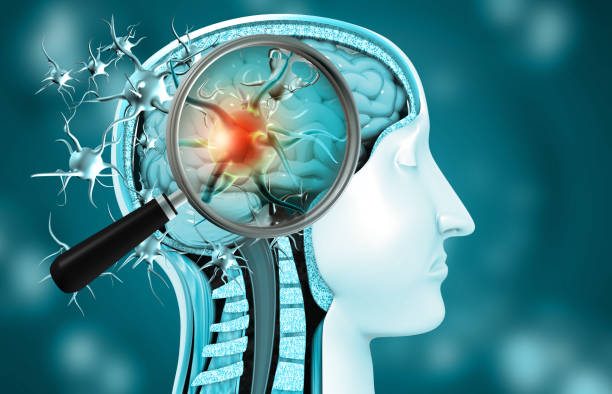The importance of physical and mental wellness is becoming increasingly recognized. You can now hear or read about issues related to mental health in the news, in your favorite TV show, or in casual conversation. However, when a term is used frequently and widely, its meaning can get muddied, if not completely misunderstood. So, if you use the phrase frequently but are still trying to understand what it means, you are not alone.
The state of one’s mental health is related to how one’s brain operates. Mental health refers to both your internal emotional state and your external relationships. Having the capacity to recognize, understand, and manage one’s own emotional state is also part of being emotionally healthy.
Some elements, like life experiences, genetics, and family history, are beyond your control and can have an unavoidable impact on your mental health. Fortunately, there are things you can do to enhance your mental health including:
1. Focus on physical well-being
When your body is healthy, your mind will follow suit. Regular exercise and healthy eating have been found to increase both intelligence and lifespan. Having low self-esteem can contribute to depression, and a diet high in salt and fat can make you feel tired all the time.
Increase your intake of healthy plant foods and start working on your physical fitness immediately by signing up for a gym membership or developing a home exercise routine.
2. Take time to enjoy the things that bring you joy
If tennis is something you enjoy, you should play it more often. Do you take pleasure in solving crosswords? Then set out more time for them. Enjoy playing online games with a Jackpot Capital Bonus on your favorite online site? Find out what brings you joy and do more of it, as long as it doesn’t come at the expense of your health. It’s easy to let the pressures of work and life get to you, but remember that stress isn’t helpful. Determine what makes you happy, then devote more time to doing it.
3. Reach out for help
The fact that you are having a hard time does not necessarily indicate a mental health disorder; everyone goes through rough patches from time to time. However, it’s time to get treatment if you’re experiencing changes in your thoughts and feelings that substantially hinder your ability to accomplish the things you want to and stay around longer than they should (often weeks or months).
4. Don’t forget to live in the now
The state of mind can benefit from being more attentive to the here and now. This encompasses your mind and emotions and your physical and external environment.
“Mindfulness” is a term used to describe this state of consciousness. Meditation on the present moment can help you gain insight and increase your overall happiness. Changes in outlook and strategy toward adversity can result. Explore the topic of mindfulness in further depth by reading up on it and learning some practical techniques for incorporating it into your daily life.
5. Create time for relaxation
Everyone is “too busy” for a little R&R now and then, but it’s crucial for your emotional and mental well-being. So stop what you’re doing every once in a while and appreciate the day for what it is, even the little things.
Don’t risk forgetting them by not writing them down if you can help it! Write down some positive thoughts, and revisit them whenever your spirits need a lift.
6. Connect with people
There is mounting evidence that a sense of belonging to and appreciation from one’s community is essential to a fulfilled life.
Undeniably, people of all ages benefit greatly from strong social networks, which do wonders for their general sense of well-being and provide a protective barrier against mental health problems.
With this in mind, branch out and build a new relationship today by;
- Rather than writing an email, why not just have a conversation?
- Find a new person to talk to.
- Inquire about someone’s weekend and pay close attention while they describe their experiences.
- Share your ride to or from work with a coworker.
7. Schedule some “me” time
Relaxing is crucial if you want to prevent burnout and perform at your best.
I’ve learned that being alone is the best way to think things through and get some mental space. It is important to take some time off each week to engage in activities that help you relax and recharge, such as spending time with your pets or taking a road trip.
Enjoy the quiet and take advantage of the time to reflect on who you are and what you value.
The bottom line
The state of your mind is critical to your happiness. Although you can’t always avoid external circumstances that can impact your mental health, you can take steps to improve your state of mind by incorporating more healthy habits into your daily routine.
Remember that it’s usually best to focus on incorporating just one or two new behaviors at a time rather than trying to make a complete change all at once. Then, reflect on how you feel to see if the adjustments were worthwhile.
If you see a decline in your mental health, therapy may be an option to explore. Having a helping professional behind you can be a great asset in building healthy mental routines.




